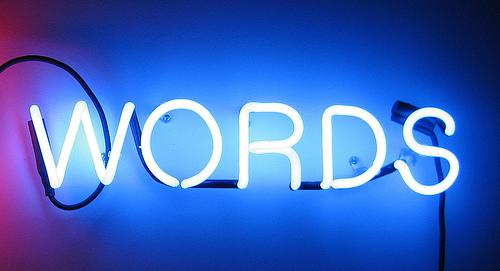Word Classes

Nouns: car, police, idea, love, builder, refugee, abstraction, substitutability
Verbs: be, do, write, connect, compare, limit, oppose, put off, bad-mouth
Adjectives: pale, clever, blue, deep, favourite, crummy, obstinate, fast-loving
Adverbs: soon, immediately, very, slowly, recklessly, obviously
Note: If you check your dictionary you will see that many words belong to two (or more) word classes: e.g. to turn- a turn, the police - to police, many limits - to limit. It is their use in a specific sentence that tells you which word class it belongs to.
- Pronouns:
- Personal pronouns: I, you, we, etc.
- Possessive pronouns: mine, yours, his, ours, etc.*
- Demonstrative pronouns: this/that, these/those
- Reflexive pronouns: myself, yourself, ourselves, etc.
- Interrogative pronouns: who, what, which, how, why, etc.
- Relative pronouns: who, which, that, etc.
- Indefinite pronouns: somebody, anybody, everybody, all, many, a few, etc.
- Determiners (‘bestemmerord’) articles a (an), the; other determiners: some, many, another, etc.
- Auxiliaries (‘hjelpeverb’): be, have, do, will, can, might, etc.
- Prepositions: to, by, for, under, beneath, across, in front of, etc.
- Subjunctions: when, while, if, that, whether, because, etc.
- Anticipatory there: There is a new pair of skis in the garage
- Empty it: It is surprising that they left
- Infinitive marker to: I hope to meet her tomorrow)
For more information about there and it, see 4C.
Note: *A determiner is a word that comes before a noun and tells us more about it. Many words can be both pronouns and determiners. Here that is a determiner in the first example and a pronoun in the second; I like that car/I like that. So also many and what in these examples many people left early /I didn’t see many and what nonsense! /what did you see?
A subjunction makes a sub-clause part of a larger main clause: I would do it if I get the chance. Here if is the subjunction that connects if I get the chance to the main clause: I would do it. The infinitive marker may also be regarded as a subjunction.
We have now looked at the basic word classes in isolation. But we must look at how they can be expanded into longer phrases.